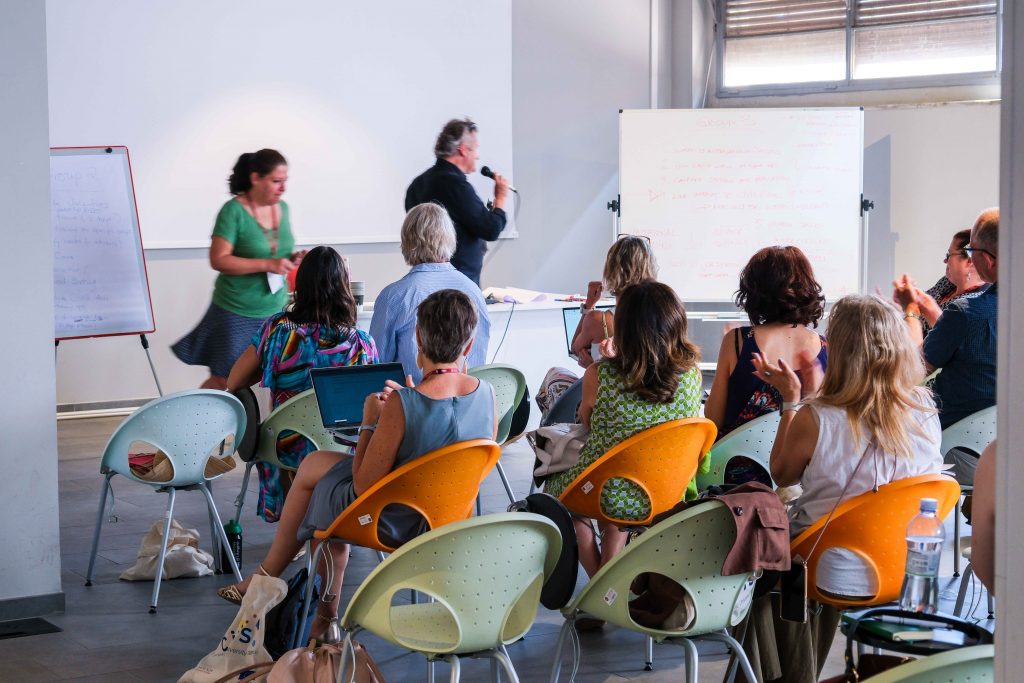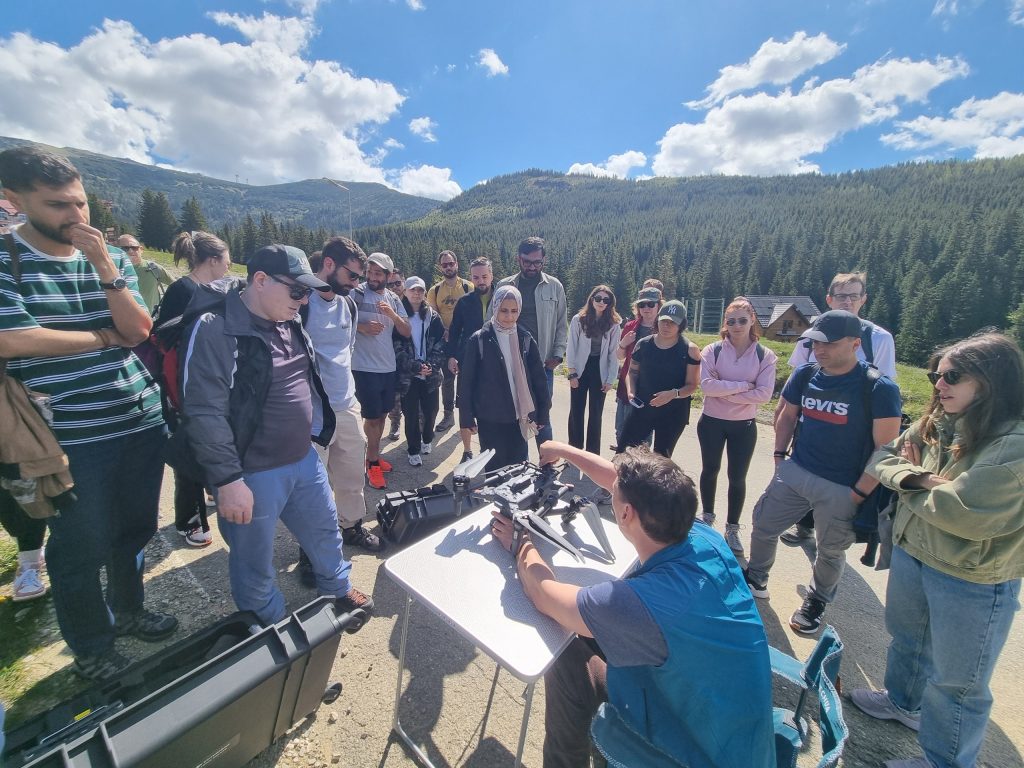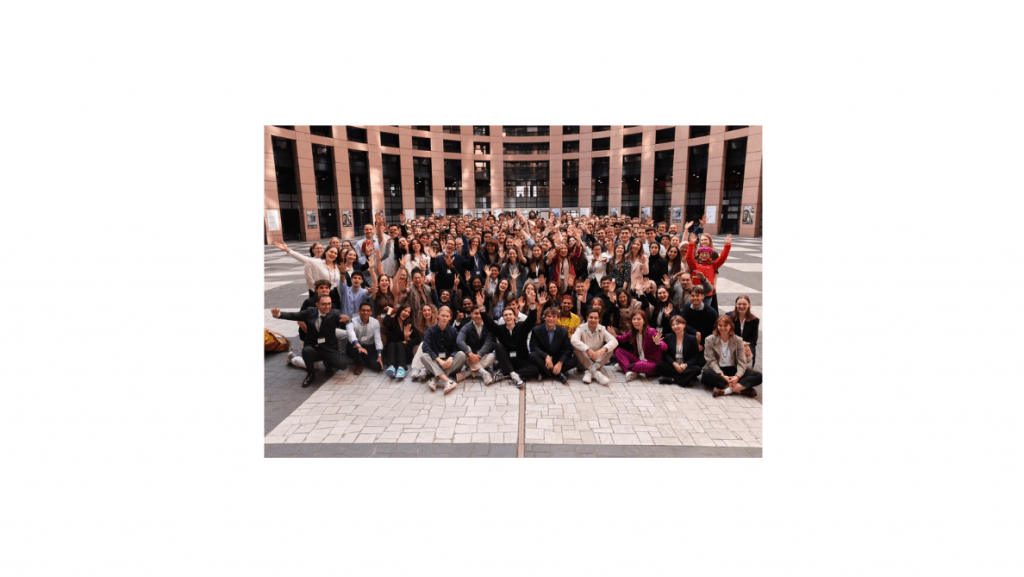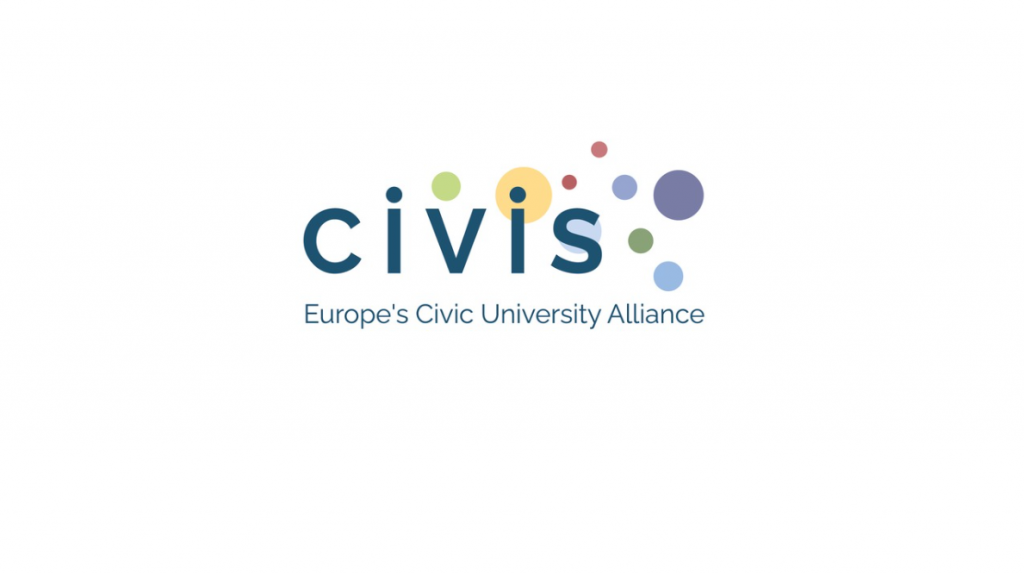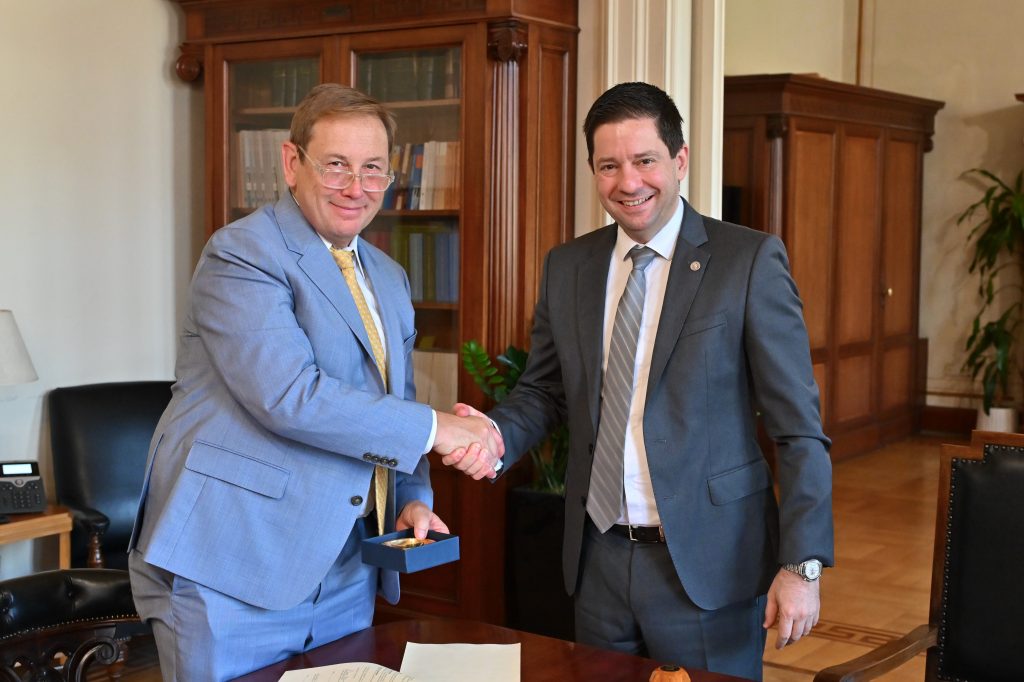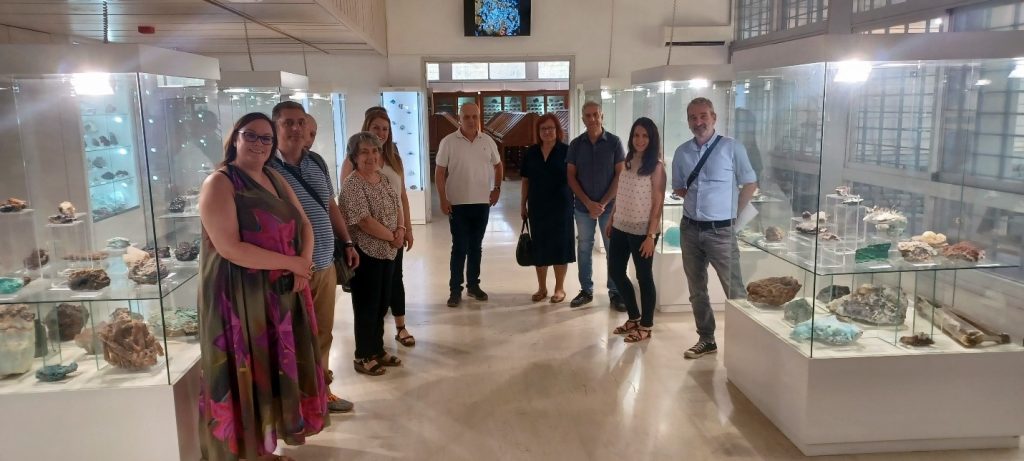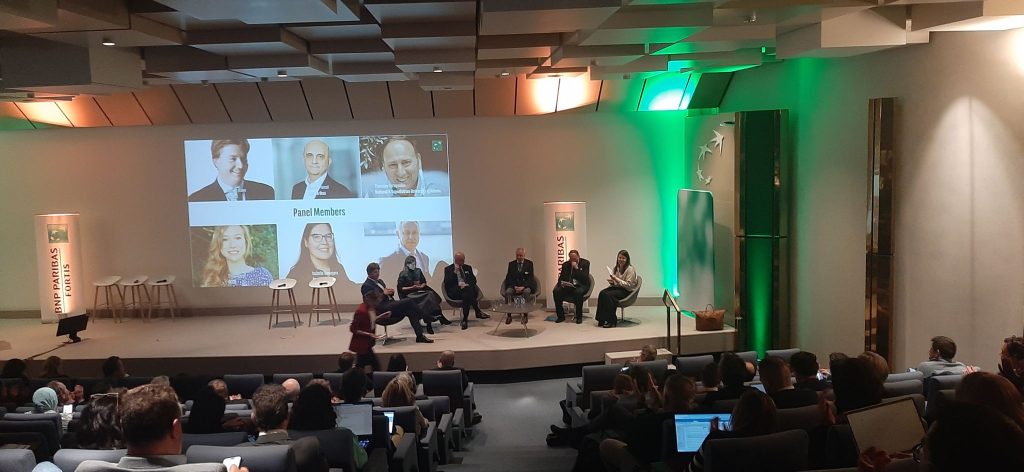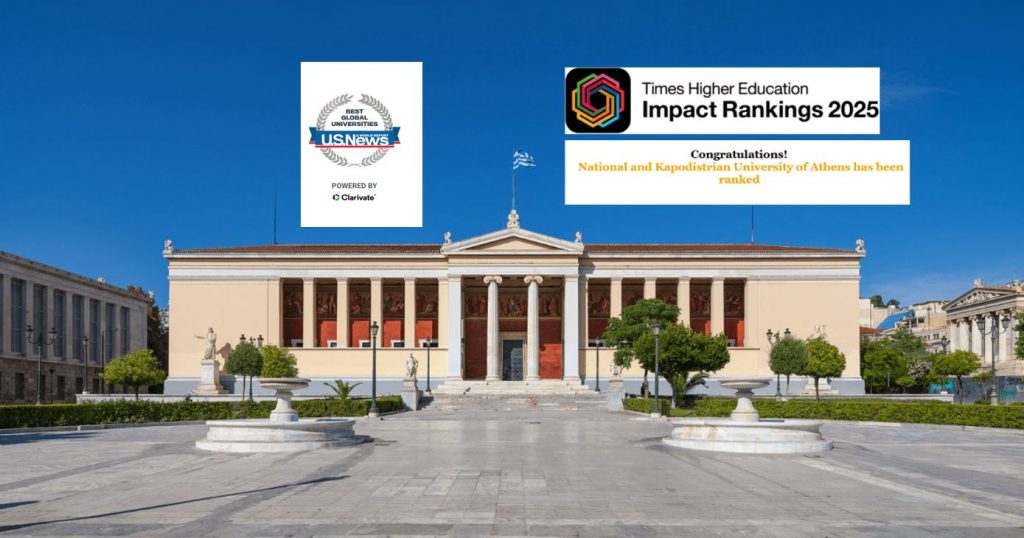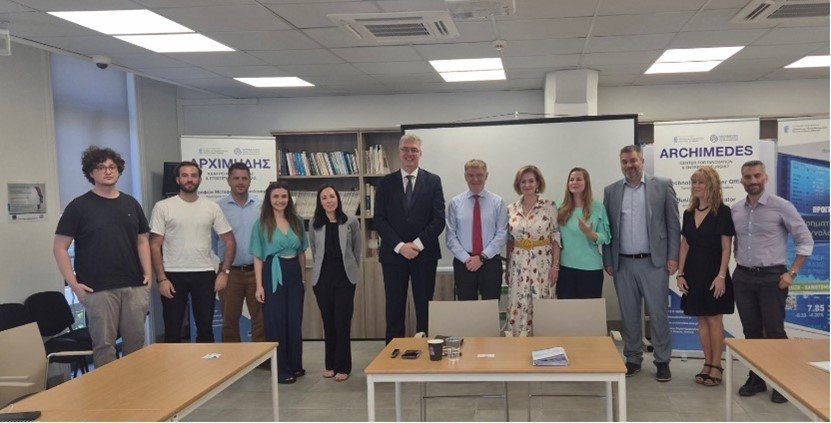Tο Εργαστήριο Ιστορίας της Ιατρικής και Ιατρικής Ηθικής της Ιατρικής Σχολής του ΕΚΠΑ διοργανώνει σε συνεργασία με το Πανεπιστήμιο του Βουκουρεστίου και το Αυτόνομο Πανεπιστήμιο της Μαδρίτης το πρώτο θερινό σχολείο στα medical humanities με τίτλο: “Inclusive approaches to the Medical Humanities“.
Το θερινό σχολείο θα πραγματοποιηθεί στην Ιατρική Σχολή Αθηνών το διάστημα 25-28/5 και συμμετέχουν με φυσική παρουσία 24 φοιτητές του δικτύου CIVIS καθώς και 11 φοιτητές από τη Νιγηρία και το Πανεπιστήμιo Carol Davila (Ιατρική Σχολή) του Βουκουρεστίου.
Παράλληλα συμμετέχουν 22 μέλη ΔΕΠ από το δίκτυο CIVIS και τις 12 συνεδρίες συντονίζουν 23 μέλη ΔΕΠ από το ΕΚΠΑ
One of the major concerns in modern medicine is the dichotomy between the scientific dimension of medicine and the art of practising it at the patient’s bedside. Students, as well as healthcare professionals, focus mainly on the scientific part of medicine and are less attuned perhaps to understanding the diversity of dimensions involved. To alleviate this imbalance, we consider that recognition of the medical and health humanities is mandatory, and, although this is not a new discipline, the humanities in medicine are far from being completely accepted worldwide.
Keeping in mind the CIVIS mission, our initiative highlights the main goals which encompass inclusiveness and union by bringing into awareness the medical and health humanities and their major objectives across all universities. Our long-term goals are conceptual (focus on enhancing the doctor-patient relationship and peer-to-peer interaction and diminishing the burnout syndrome among medical students and medical caregivers by deepening the understanding of the current most challenging problems), and academic (the possibility of developing a multidisciplinary learning pathway – multiple and joint degrees –) in the future.
Main topics addressed
- Stigma in pandemics. Historical point of view (past-present-future)
- Stigma in pandemics.Stigma in pandemics (past-present-future)
- Accessing bio-medical information resources and communicating in a healthcare setting
- Narrative medicine
- Current ethical challenges of biomedical research/genome editing
- Metacognition in medical practice and education
Learning outcomes
Immediate goals:
- Inclusiveness
- Union
- Awareness of the major objectives on medical humanities across all universities
Long-term goals:
- Conceptual (focus on enhancing the doctor-patient relationship and peer-to-peer interaction and diminish the burnout syndrome among medical students and medical caregivers by deepening the understanding of the current most challenging problems), and
- Academic (the possibility of developing a multidisciplinary learning pathway – multiple and joint degrees –) in the future.
See more: https://civis.eu/el/civis-courses/inclusive-approaches-to-the-medical-humanities


![Inclusive approaches to the medical humanities – Summer School [Athens, 25-28/5/22]](https://hub.uoa.gr/wp-content/uploads/2022/02/poster-medical-humanities-1200x1200-resize-1024x622.png)
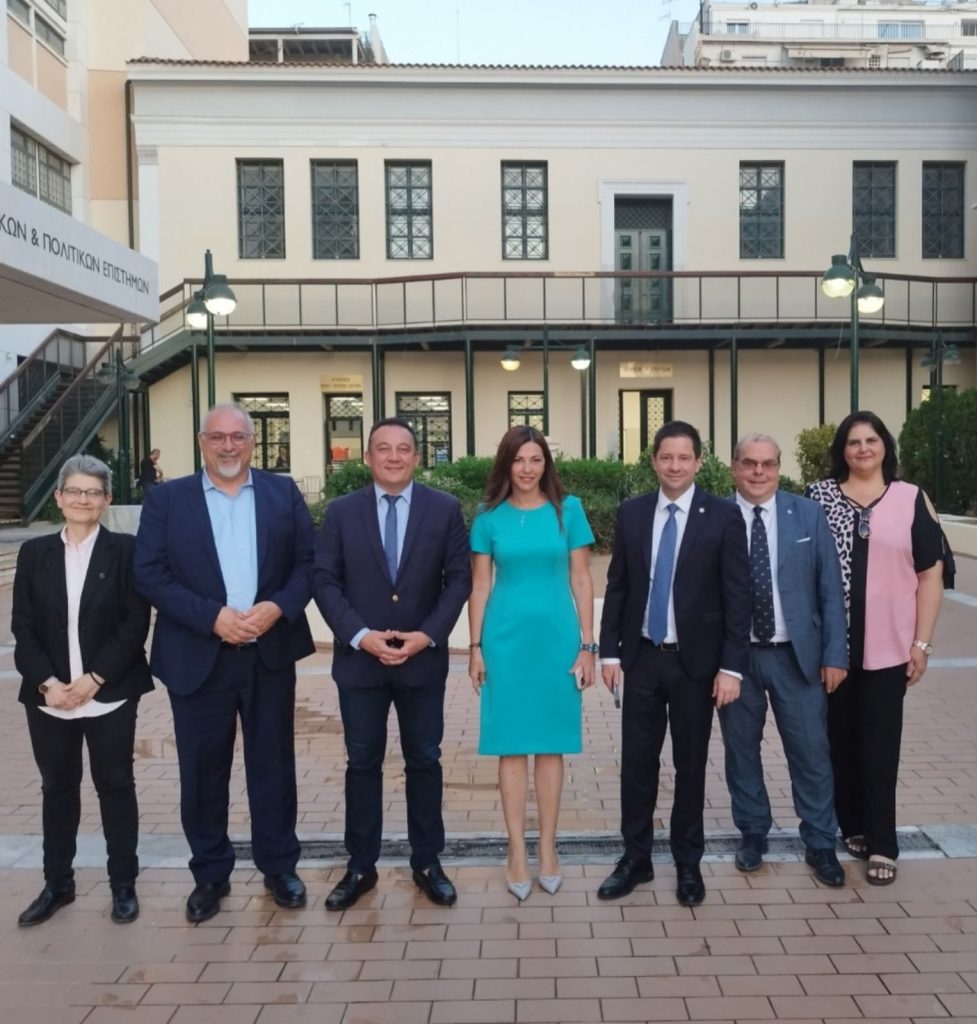
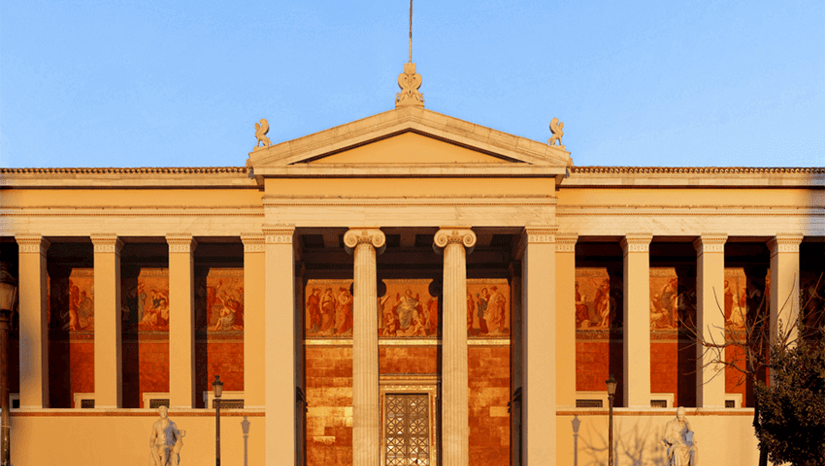
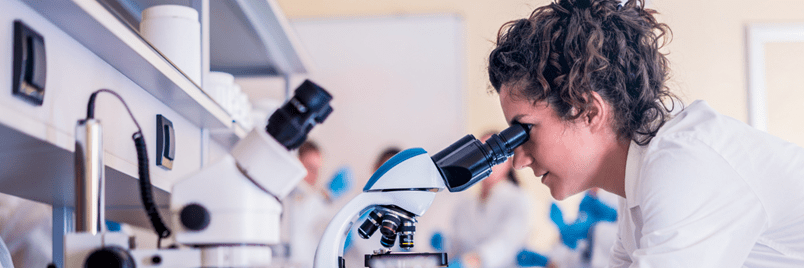
![CIVIS Staff Week Hybrid Horizons: Εκπαίδευση στο Σχεδιασμό και την Υλοποίηση Μικτών Εντατικών Προγραμμάτων (BIPs) [10–12 Σεπτεμβρίου 2025 ]](https://hub.uoa.gr/wp-content/uploads/2025/07/hybrid-horizons-staff-week-1200x630-1-1024x538.png)
